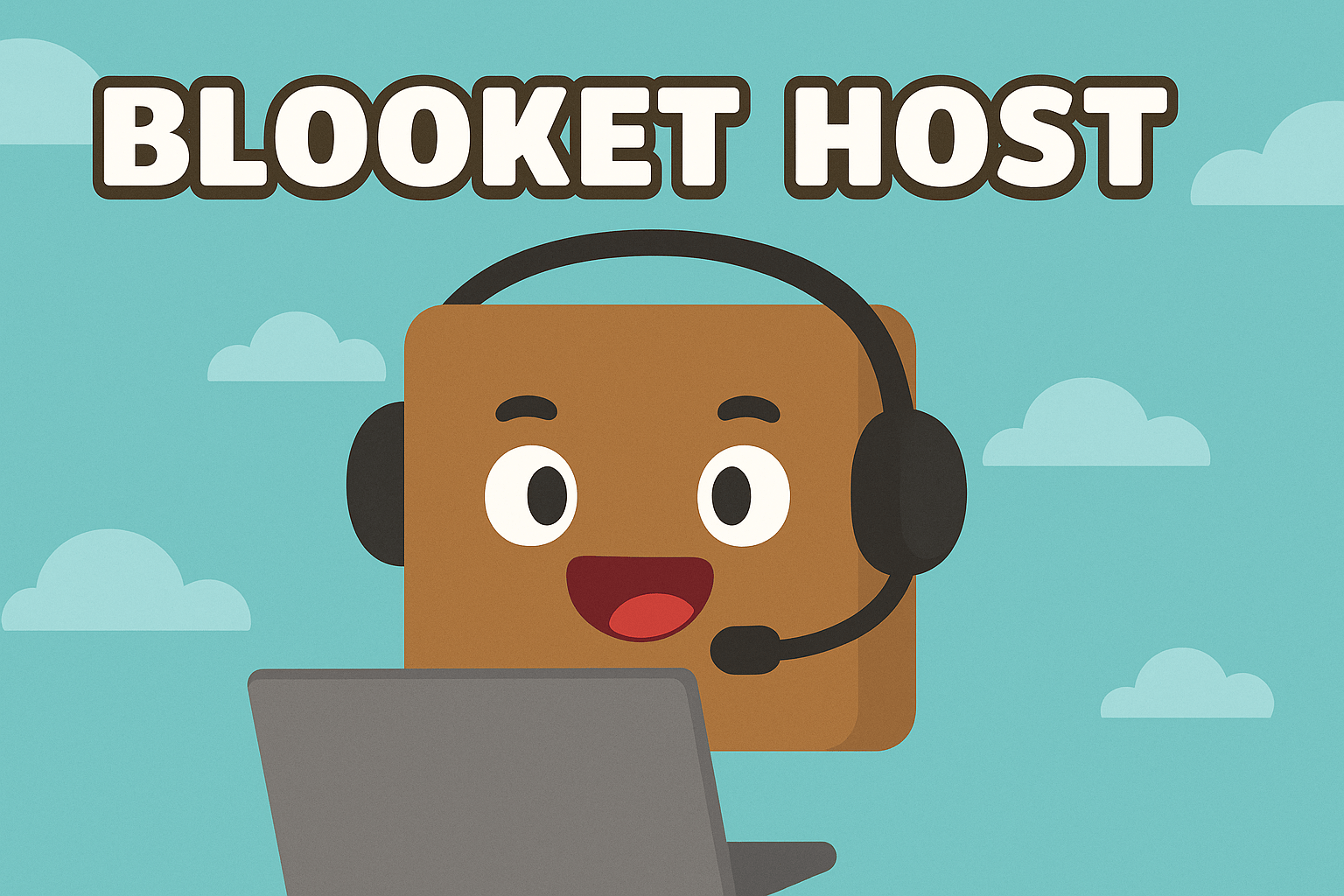I remember the first time I opened Blooket. It was a Tuesday, raining outside. The class before lunch was dragging. I was exhausted, and so were my students. But I had seen a teacher post about being a “Blooket Host” the night before on Twitter. No explanation. Just a screenshot of a leaderboard and the caption: “Saved my period 5 today.”
I clicked around, unsure what I was doing. Created a quick quiz on Greek mythology, launched the game, wrote the code on the board. Kids looked up. A few grinned. One kid whispered, “Wait… we’re doing Blooket?”
That whisper turned the whole energy of the room.
No One Tells You What Hosting Feels Like
It’s not about the features. Not really. It’s not about the game modes or how colorful the screen looks. Being a Blooket Host is about the shift in the room—when students who usually check out start leaning in. When competition makes them care, even if just for ten minutes.
There’s a real heartbeat to it.
It’s in the way Marcus, who barely says a word most days, jumps up when he wins his first game. It’s in how you catch your most talkative student Googling answers not to cheat, but to contribute. It’s in that rare silence when the next question loads and no one talks because they’re all thinking.
Being a Blooket Host isn’t about perfect gameplay. It’s about small disruptions—the good kind. The kind that reminds everyone, “Hey, learning can feel different.”
The Messy Middle: Glitches, Laughter, and Unexpected Joy
Let me be honest: it doesn’t always go smoothly.
I’ve had games crash. Students enter the wrong game code. WiFi cut out. One time, the quiz loaded the wrong set, and we ended up playing something meant for third grade.
But no one minded.
Because what being a Blooket Host teaches you quickly is that it’s never really about the questions. It’s about the moment the room becomes alive. I’ve had kids help each other more in a Blooket game than during full class projects. I’ve had shy students email me afterward asking if we could “do another one tomorrow.”
The scoreboard, the timer, the avatars — they’re just scaffolding. What really happens is that a student feels seen. And not for raising their hand first, or getting 100 on a test, but for knowing something, clicking fast, thinking quick, trying hard.
Hosting Is Listening Without Talking
You learn a lot by watching. Who clicks too fast and misses. Who hesitates because they’re afraid of being wrong. Who lights up when they get it right. Who clicks random answers just to keep up.
As a Blooket Host, you start to notice those things. You start to understand who needs a partner, who thrives solo, who benefits from small wins, and who needs the challenge cranked up.
I learned that Ellie, my quietest seventh grader, is a beast at vocabulary games. That Liam, my loudest, actually gets flustered under pressure. That three of my kids who never speak in group discussions high-five each other when they tie for second.
The game ends, the board disappears, but those little discoveries stay.
You Don’t Need to Be Perfect to Be a Blooket Host
Here’s what I know: you’re not hosting a show. You’re not performing. You’re making space.
Every time I run Blooket now, I feel less like a teacher and more like a guide. I still teach content. But during the game? I watch. I smile. I make jokes. I celebrate effort more than outcomes.
Because being a Blooket Host means you’re creating a classroom moment. One that doesn’t need explanation. One that kids will ask for again not because it was “fun,” but because they felt like they were part of something.
You never know when a game will be the highlight of someone’s day.




